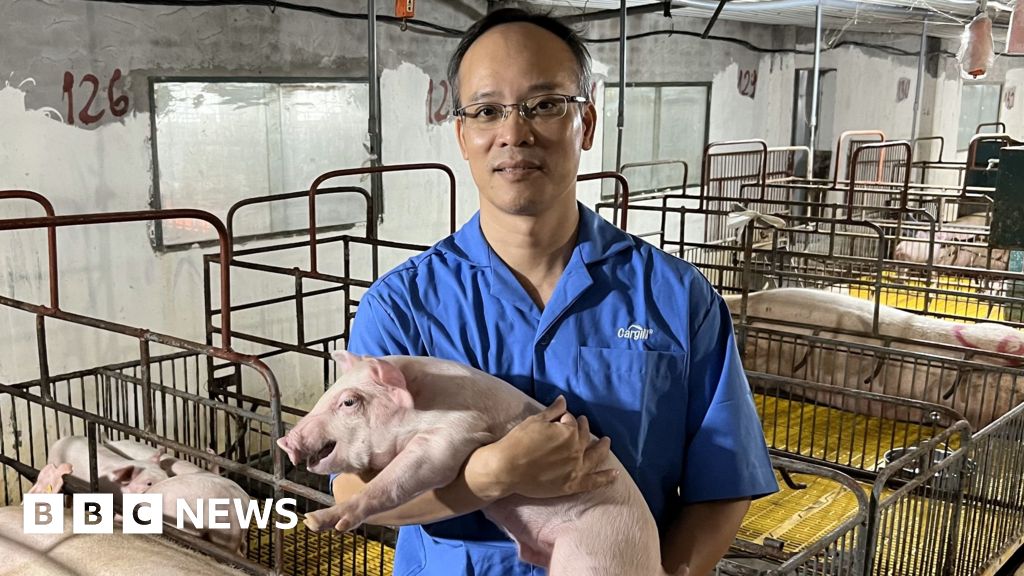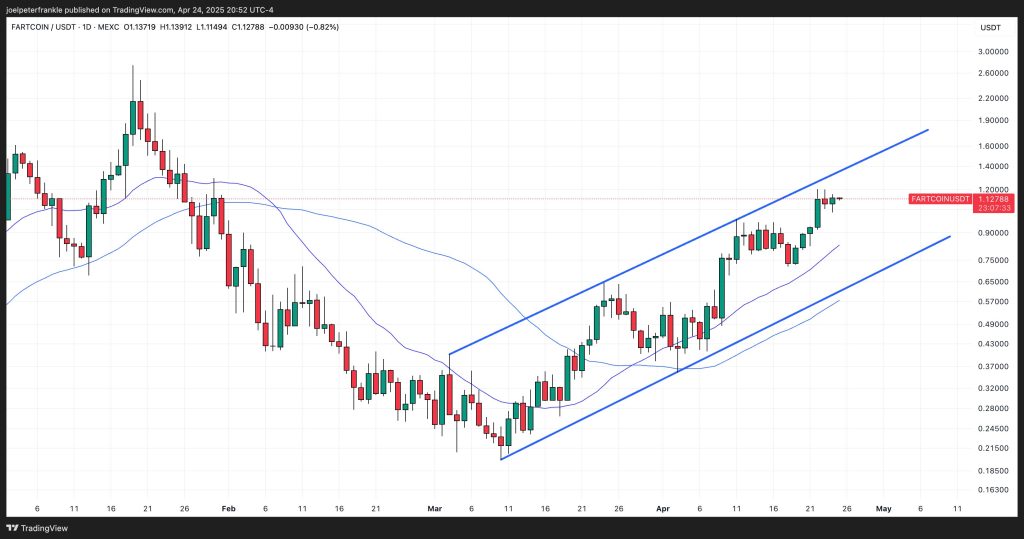One thing that would be useful to Mr Hong is a hybrid source of information: something that combines the expertise of veterinarians with the convenience of digital access.
These kinds of remote veterinary technologies are under development.
The team behind Farm2Vet, a veterinary app for farmers, recently won the top prize from the Trinity Challenge, a charity tackling global health threats.
The competition that Farm2Vet won focused on antimicrobial resistance (AMR) – the urgent global threat of our limited slate of antibiotic medicines becoming less effective as pathogens adapt.
Farms where antibiotics are overused can become breeding grounds for antibiotic-resistant bacteria. These bacteria then enter the food system and the environment, for instance due to animal waste. Some drug-resistant bacteria, like certain strains of E. coli, can spread between animals and humans.
“Antibiotic misuse and overuse largely relates to a lack of understanding, a lack of support,” says Marc Mendelson, the director of the Trinity Challenge, who also heads the infectious diseases division at the University of Cape Town’s hospital.
Veterinary antibiotics can be extremely cheap, Prof Mendelson says. “Some farmers probably don’t even know that they’re giving antibiotics, because it’s just in the feed.”
Vietnamese regulations now require prescriptions for livestock antibiotics. But this requirement is relatively recent and difficult to monitor. In practice, antibiotics are dispensed without prescriptions, Pawin Padungtod acknowledges.
Dr Padungtod, based in Hanoi, is the senior technical coordinator for the Emergency Centre for Transboundary Animal Diseases (ECTAD), a unit of the Food and Agriculture Organization (FAO).
Credit: Source link











